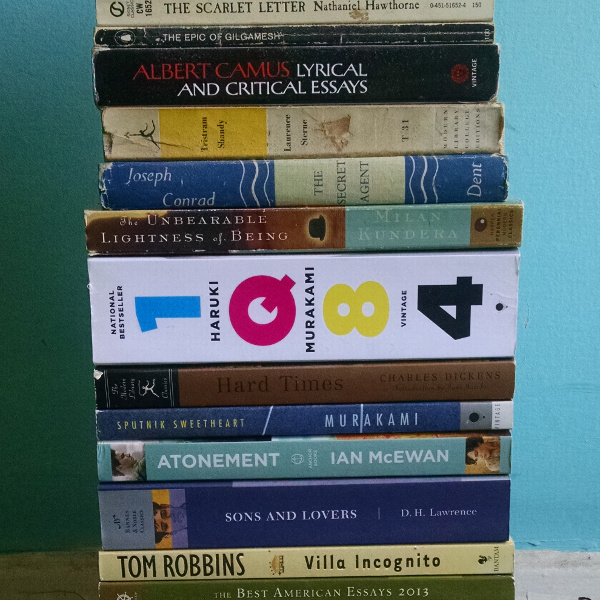In a vastly overpopulated future, London’s Ministry of Infertility coerces the populace to either stop having children or take up with your own sex. Though the concept has tremendous potential, Burgess seems more interested in his theories of overpopulation and cycles of government than in the plot, which merely serves as a vehicle for his ideas—as thought-provoking as they are, the book itself is a bit of a slog. Its 1960s treatment of homosexuality is also downright insulting today, combined with a few cringeworthy thoughts on race. Better to read A Clockwork Orange and leave this one buried.
Rating

















